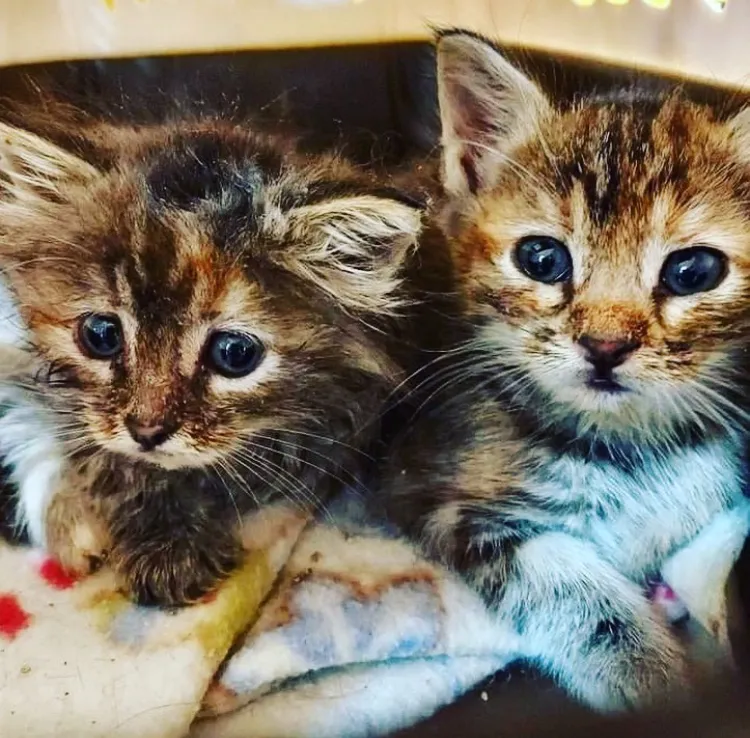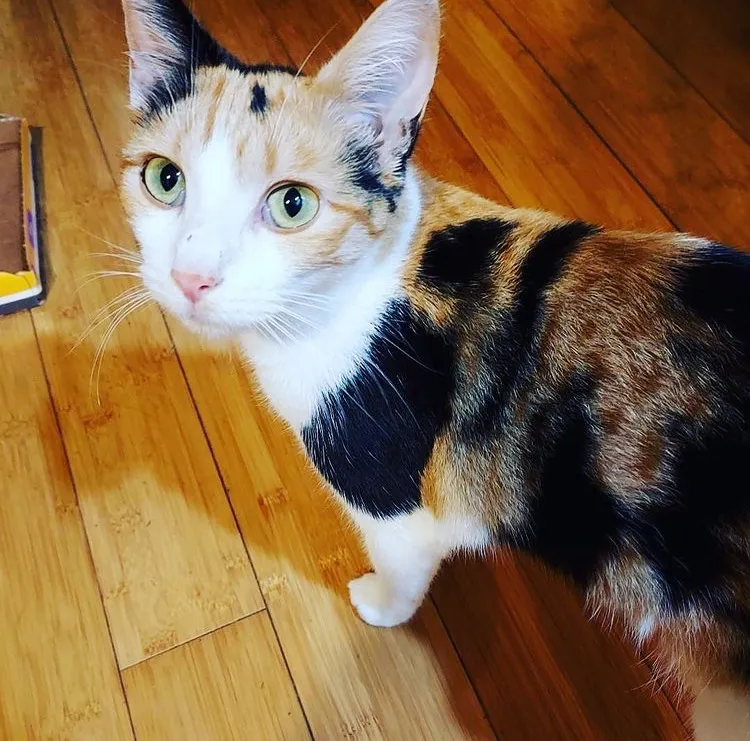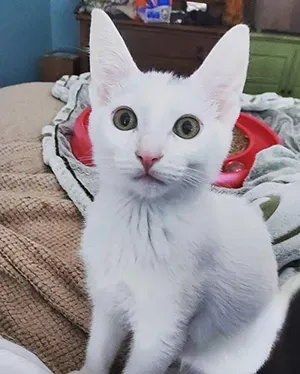Love in its simplest and purest form can always be found in the heart of an animal. They provide us with comfort, entertainment, and unwavering loyalty. Yet too often, loving animals face unimaginable suffering at the hands of humans.
In the United States, 73 million cats are unowned, either wandering the streets or spending their time behind bars in animal shelters. Due to a lack of space, many cats that enter shelters never make it out. Each year approximately 1.5 million animals are euthanized in shelters due to overcrowding. Of this, 860,000 are cats.
In Seattle, a dedicated group of volunteers were heartbroken over these statistics and decided to do something about it. In 1997 Friends of the Animals, dedicated to serving some of the most neglected creatures in our community, was launched with a mission to reduce the number of cats that spend their days in King County animal shelters. Since then, they have successfully placed 6,000 cats and kittens in loving homes.
Helping cats (and their owners) in need
Friends of the Animals knows that one of the leading contributors to the high euthanasia rate is overpopulation. When pet owners fail to spay and neuter their animals, they risk producing unwanted puppies and kittens, which fill up shelters. Baby animals tend to find homes quickly, but the result is fewer available homes for older pets, who are already more likely to face euthanasia.
Unspayed and unneutered cats lead to an even bigger problem: a feral population. While a domestic house cat has a typical life span of 16 years, a feral cat's is just half that at most. Even so, one unspayed feral cat can still lead to over a hundred offspring.
Friends of the Animals conducts humane trap-neuter-return (TNR) procedures to help feral cats. The organization will catch the animals, perform the procedure, and – for those that are unable to integrate into domesticity – release them back to where they were found. Younger cats and kittens able to adapt and socialize are placed in foster homes where they can learn to become house cats and eventually find their forever families.
Friends of the Animals does more than just spay/neuter and adopt out cats. It also provides affordable care for cat owners facing homelessness and has also begun transporting cats to Washington from kill shelters in California.

Helping cats (and their owners) in need
Friends of the Animals knows that one of the leading contributors to the high euthanasia rate is overpopulation. When pet owners fail to spay and neuter their animals, they risk producing unwanted puppies and kittens, which fill up shelters. Baby animals tend to find homes quickly, but the result is fewer available homes for older pets, who are already more likely to face euthanasia.
Unspayed and unneutered cats lead to an even bigger problem: a feral population. While a domestic house cat has a typical life span of 16 years, a feral cat's is just half that at most. Even so, one unspayed feral cat can still lead to over a hundred offspring.
Friends of the Animals conducts humane trap-neuter-return (TNR) procedures to help feral cats. The organization will catch the animals, perform the procedure, and – for those that are unable to integrate into domesticity – release them back to where they were found. Younger cats and kittens able to adapt and socialize are placed in foster homes where they can learn to become house cats and eventually find their forever families.
Friends of the Animals does more than just spay/neuter and adopt out cats. It also provides affordable care for cat owners facing homelessness and has also begun transporting cats to Washington from kill shelters in California.

Education, volunteer opportunities, adoption
Education is an important aspect of Friends of the Animals as well. That's why it provides information to the community regarding the rights of animals; resources for those with a limited income; volunteer opportunities to rescue, care for, and foster pets; the importance of spay/neuter clinics; and the steps all pet owners should take before welcoming a new member into the family.
Community support is essential to the organization, which is entirely volunteer-run. Volunteer work can range from staffing a weekend event to cleaning out cages or even bringing home kittens to socialize before they are ready to be adopted out. Friends of the Animals pays for all the expenses related to fostering their cats, including food and vet bills.
For those interested in adopting, the fee Friends of the Animals charges covers all vaccines and the cost of a spay or neuter procedure, all of which are done before the animals are available to be taken home.
As of right now, Friends of the Animals is also running a special in which seniors (those 50 and older) can adopt any senior cat (age five and older) for just $25, which defrays much of the cost the organization has to pay out of pocket for these animals' healthcare needs.
If you are interested in bringing home a new friend for the holidays or looking into opportunities to volunteer or foster, Friends of the Animals is always in need of more animal lovers to help.
Contact Friends of the Animals at (206) 719-4864 or [email protected].


